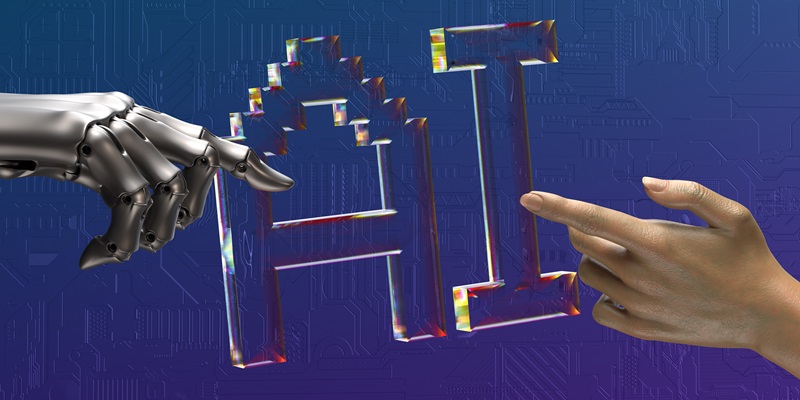In our increasingly digital and connected world, online safety has become a critical concern. Protecting individuals from cyber threats and cultivating a respectful, secure online environment is of utmost importance. In this pursuit, responsible AI has emerged as a powerful tool, allowing us to develop and deploy AI technologies that are transparent, fair, and respect user privacy. This article explores the integration of responsible AI in maintaining online safety and integrity, with a focus on the expertise of Deepanjan Kundu and the future advancements in AI for online safety.
Online Safety and its Challenges
Online safety encompasses a range of concerns that must be addressed to ensure the well-being of individuals in the digital realm. Cyber threats, such as hacking and data breaches, pose significant risks to personal and sensitive information. Furthermore, the need for a respectful and safe online environment is apparent, as cyberbullying and harassment continue to plague the online space. Safeguarding against these challenges requires a proactive approach that leverages responsible AI practices.
Integration of Responsible AI in Online Safety
Responsible AI plays a vital role in maintaining online safety and integrity. By prioritizing responsible AI development, we can harness the benefits of AI while minimizing the risks associated with its usage. Transparent algorithms and decision-making processes help ensure fairness and accountability in AI systems. Furthermore, respecting user privacy and data protection builds user trust and confidence in the online space. Responsible AI, as a tool for positive and safe digital experiences, empowers individuals to fully engage in the digital world without compromising their safety.
Deepanjan Kundu’s Expertise in Responsible AI
Deepanjan Kundu has emerged as a renowned expert in developing AI systems that are not only efficient but also responsible. His initiatives have proved instrumental in enhancing online safety and setting a standard for responsible AI development in the tech industry. Kundu’s dedication to transparency, fairness, and user privacy has earned him accolades for his contributions to the integration of responsible AI in online safety practices. His expertise has shown that by infusing responsible AI principles into development, we can create robust solutions that effectively address online safety concerns.
Advancements and Future of AI in Online Safety
The future of AI and Machine Learning (ML) in online safety holds great promise. Ongoing advancements are making AI more sophisticated in identifying and mitigating online risks. Kundu emphasizes the need for continuous learning and adaptation within AI systems to effectively combat emerging cyber threats. Particularly intriguing are the advancements in Large Language Models (LLMs), which are proving to be vital in AI’s role in online safety. The ability of LLMs to understand context and detect harmful language can greatly enhance online safety measures, fostering a healthier digital experience.
In today’s rapidly evolving digital landscape, responsible AI practices are essential for ensuring online safety. By developing and utilizing AI technologies that are transparent, fair, and focused on user privacy, we can harness the benefits of AI while reducing the risks associated with misuse. Deepanjan Kundu’s expertise highlights the importance of responsible AI in enhancing online safety, setting an example for the tech industry. As advancements continue to pave the way for more sophisticated AI systems, we must prioritize responsible AI development to build trust and foster protection, ultimately creating a digital world that is secure, respectful, and safe for all.

